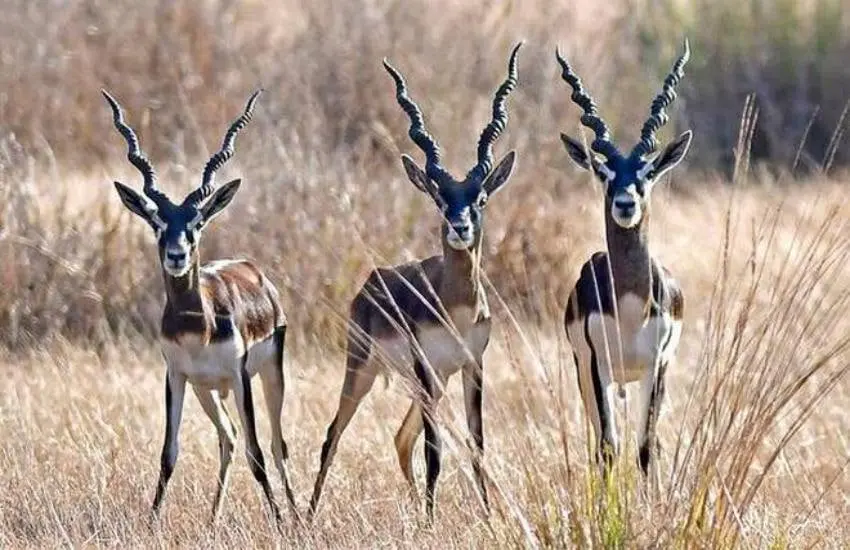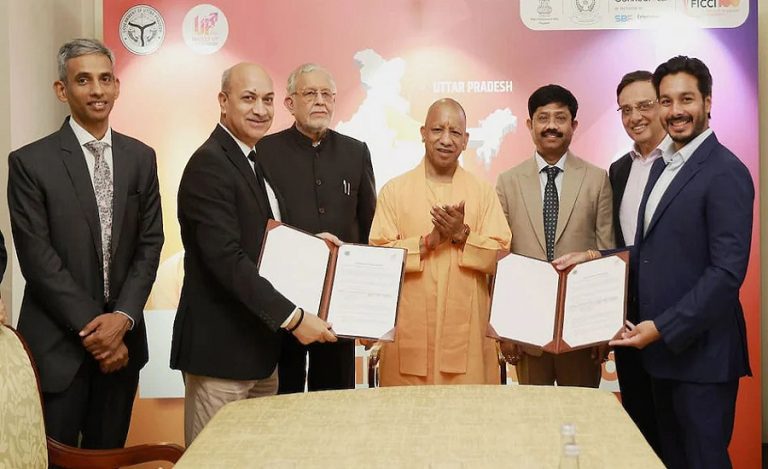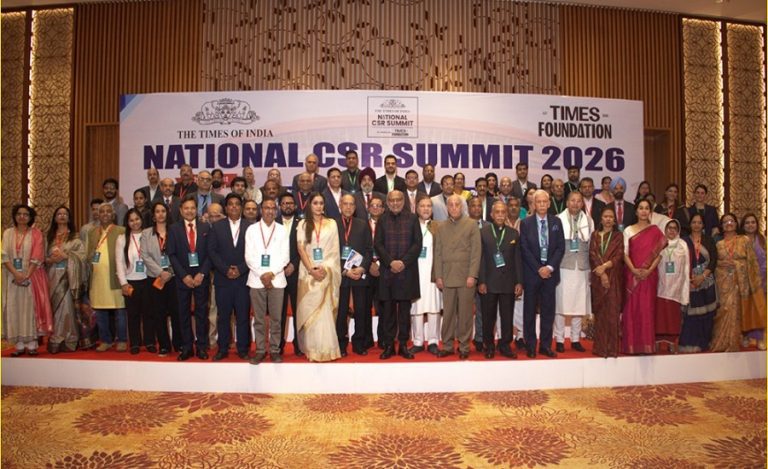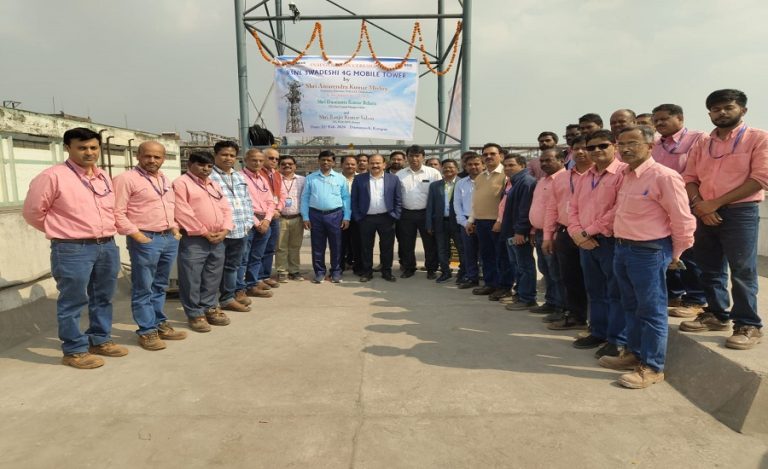Now we can listen to the chirping of different species of birds and see the movement of wild animals, black deer and chinkaras closely as tourists and common people will now be able to enjoy jungle safari in the Beed Conservation area.
Tourists must purchase an online ticket for Rs 445 each shift for the Jungle Safari, which will begin in two shifts. Three tourist cars (gipsies) have been initially registered for a safari that will take place in two shifts, morning and evening.
WHAT WILL TOURISTS BE ABLE TO SEE
Visitors can see many bird species, foxes, jackals, nilgai, and other animals in the 1047.48-hectare Beed region. Blackbuck and chinkara are the two most notable animals to see here. From the Bikaner Zoo, 12 chinkaras and 48 black bucks were freed. Their number has now grown to almost 70.
For these animals, aal, ber, kair, native acacia, and dhaman grass are all readily available. For drinking water, water halls, ponds, gajlars, etc. have been constructed here.
On both sides of National Highway 11, Beed was named a Reservation Conserve on March 9, 2012. Since then, the Forest Department has begun to develop it as a tourist destination.
Construction of a concrete wall or channelling fencing around the region is done here to safeguard the wildlife. Other wildlife-friendly features include a forest post, grassland, planting of fodder species, an eco-environment centre, and a watch tower. We created view spots, sign boards, eco pathways, renovated an ancient stepwell, installed a solar pump and water pipeline, planted Dhaman grass, built an entrance gate, and established a nursery.
TIMING OF THE SAFARI
From 22nd May to 30th June, the safari will be open from 6 to 8 in the morning and from 5 to 7 in the evening. From 1st July to 30th September, the safari will remain closed due to rain.
7 to 9 in the morning and 4 to 6 in the evening from October 1 to January 31.
From 1st February to 31st March, it will be open from 6.30 am to 8.30 am and from 4.30 pm to 6.30 pm.



























